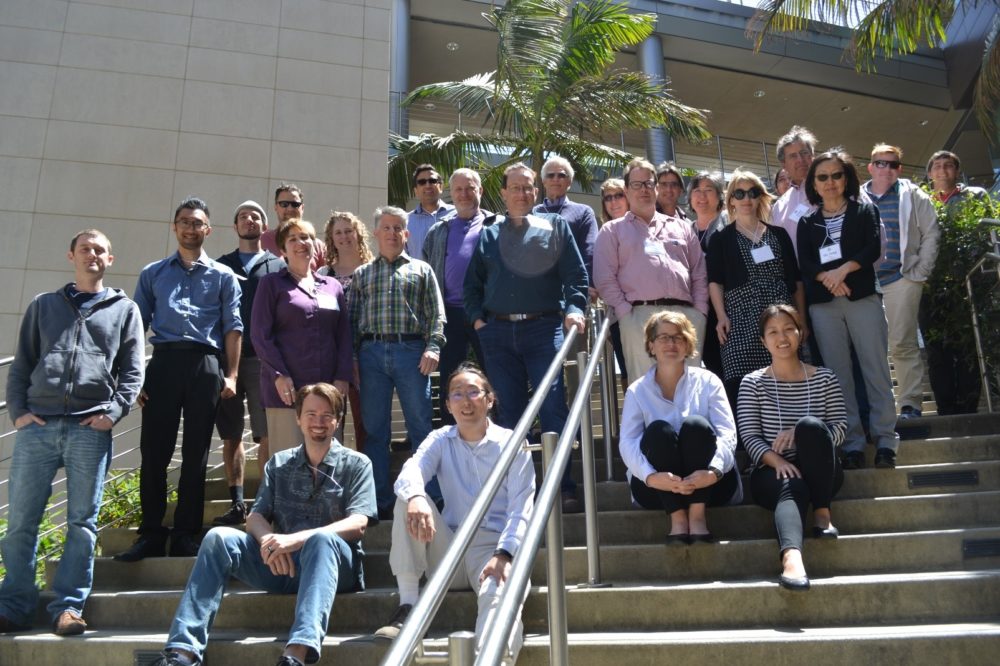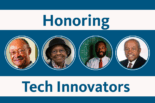By Claire Mizumoto. Research Cyberinfrastructure…Research IT… Research Facilitator…Research Champion…. concierge… white glove…
Whatever you choose to call it, it’s direct “high-touch” support for campus researchers. The overall objective is to advance researchers’ work and increase sponsored research at the University of California.
The details of how it’s done at each institution differ by campus but as the research IT – or research facilitation – community grows across UC, we can leverage much of the work, processes, and programs of each of our campuses and share or duplicate successful strategies.
The University of California managed $6.1 billion in sponsored research in 2016-17. Digital technology is expensive and complex. Leaving research IT support up to University research faculty and staff (that is, postdocs and grad students) is neither efficient nor an effective use of their time and expertise. On the other hand, it is a good investment for the university to provide formal mechanisms so that research faculty and staff can get technology support.
The campus CIOs have recognized the value of research IT and are supporting the development of programs to support research in a more centralized and organized way. As one example, the IT Leadership Committee (ITLC) has appointed the Research IT Committee, which is a systemwide group composed of research-focused technical professionals who address research computing issues. The ITLC also is endorsing some training and development opportunities for researcher-facing professionals.
In April of this year, Research Facilitator Cyd Burrows-Schilling and I hosted the second annual Research Facilitators Workshop for researcher-facing professionals from all ten UC campuses and the Lawrence Berkeley National Lab. The agenda provided basic research facilitation training to level-set skills across the 40 plus attendees (both on-site and via videoconferencing). It also helped further develop our UC-wide researcher-facing community to promote collaboration.
We brought national colleagues and innovators to lead and participate in workshop sessions. They represented universities across the country, are prominent in national organizations including ACI-REF, ACI-REF Virtual Residency, CaRCC, EDUCAUSE, XSEDE, and the Carpentries, and are leaders in the efforts to professionalize research facilitation.
The UCSD Research IT unit was first developed through a program in 2014 funded by the chancellor and sponsored by the vice chancellor for research. The program introduced research facilitation to the campus, offering IT consultations along with high-end complex technical support. Quickly demonstrating value, UC San Diego Research IT Services then was made an integral part of UCSD’s centralized IT services organization.
The unit offers never-before provided service at no cost to the researcher: Research Facilitators meet with faculty, staff, postdoc, and graduate student researchers to help identify high-end digital technology needs and to develop and coordinate solutions to advance research. This includes matching project demands with available campus, regional, national, and commercial resources. In addition, the unit’s systems integration engineers provide technical consulting, proofs of concept development, pilot projects, and project support.
UCLA and UC Berkeley have established research facilitation strategies that have helped UCSD develop its research IT program. In addition, all UC campuses have excellent components in support of their researchers. UCSD has been fortunate to learn from the approaches of each of the other UC campuses for providing research support. We hope that developing our shared community will further strengthen research support across the University of California.
Claire Mizumoto is director of Research IT Services, UC San Diego.







